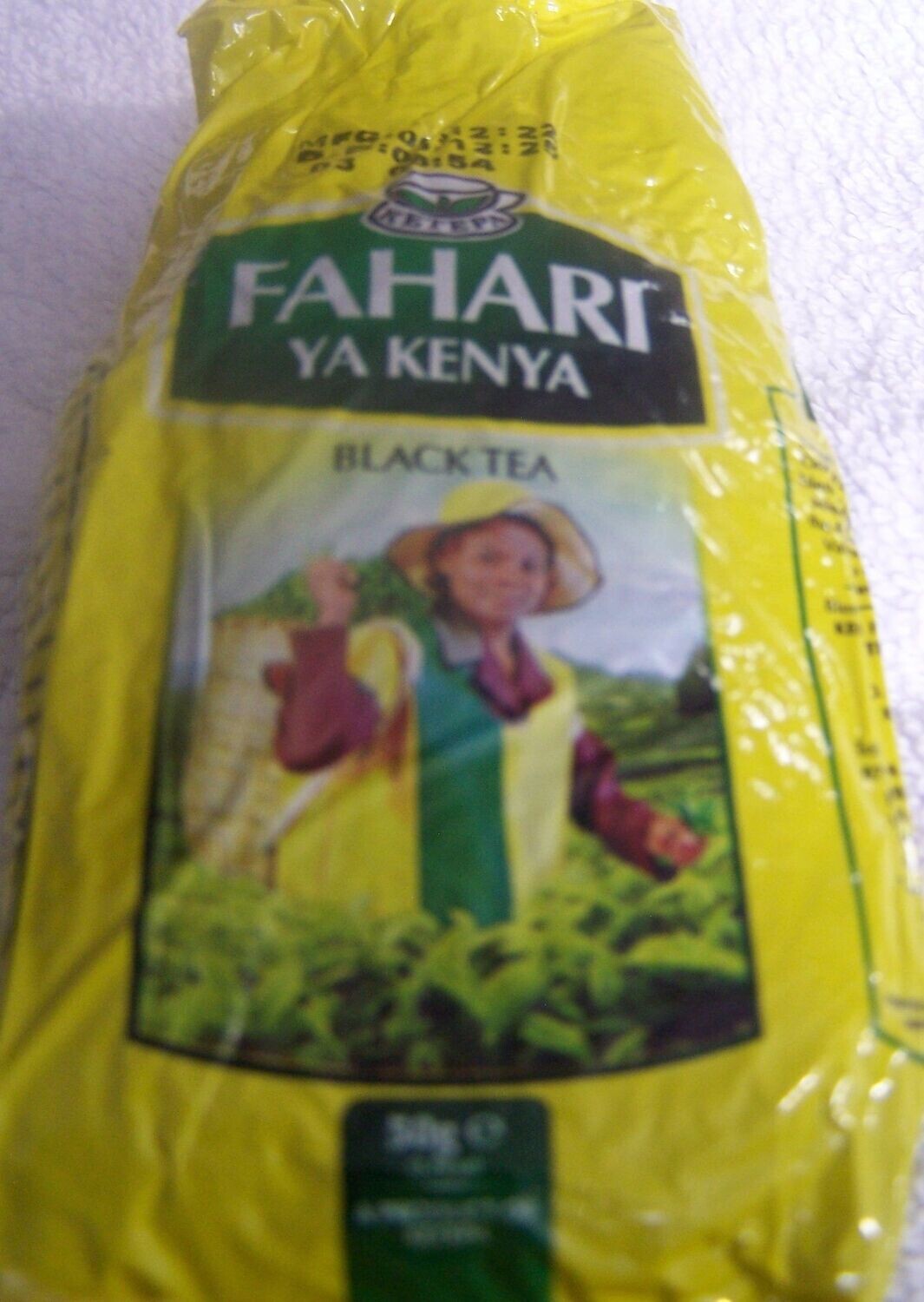call us : (603) 521-7180
-
Tenzi za Rohoni
Button -
The Lions Children's Bible
Button -
Uvoro Mwaro Kuri Andu Onthe: Embu Bible
Button -
Mitha Mugikuyu na Nyimbo Ciake
Button -
Biblia: Swahili Bible
Button -
Pipilia: Pokoot Bible
Button -
Iuku Ria Murungu: Meru Bible
Button -
Ibuku Ria Thara
Button -
Ibuku Ria Mahoya
Button -
Nyimbo Njeru cia Mitha Mugikuyu
Button -
Nyimbo Cia Kuguna Maroho
Button -
Nyimbo Standard
Button -
Nyimbo Cia Guchanjamura Ngoro
Button -
Sifuni Bwana
Button -
Mbivilia: Kaamba Bible
Button -
Wende Injili
Button -
Biblia Sinyati: Maasai Bible
Button -
Fahari ya Kenya - Black Tea
Button -
Eden Tea: The Finest Garden Tea
Button -
Melvins Pure Kenya Chai: Black Tea
Button -
Nyimbo za Injili
Button -
A Standard English Swahili Dictionary
Button -
A Standard Swahili English Dictionary
Button -
Sehemu za Biblia Kwa watoto
Button -
Swahili English Bible: New Testament
Button -
50g Dormans Supreme Granulated Instant Coffee
Button -
50g Kenya Highlands Pure Instant Coffee
Button -
50g Sasini Instant Coffee
Button
Categories
Categories
IBUKU RIA MAHOYA NA MAGONGONA MA KANITHA : Prayer Book
BUKU RIA MAHOYA NA MAGONGONA MA KANITHA: Ibuku rieru ria mahoya na magongona ma kanitha, thiinin wa kanitha wa Ki-Anglikana wa Kenya.
The Anglican Church of Kenya is a province of the Anglican Communion , and it is composed by 33 dioceses. The current Primate and Archbishop of Kenya is Jackson Ole Sapit.
The church became part of the Province of East Africa in 1960, but Kenya and Tanzania were divided into separate provinces in 1970.
The church was founded as the diocese of Eastern Equatorial Africa ( Uganda , Kenya, Tanzania ) in 1884, with James Hannington as the first bishop; however, Protestant missionary activity had been present in the area since 1844, when Johann Ludwig Krapf , a Lutheran missionary, landed in Mombasa. The first Africans were ordained to the priesthood in 1885. In 1898, the diocese was split into two, with the new diocese of Mombasa governing Kenya and northern Tanzania (the other diocese later became the Church of Uganda ); northern Tanzania was separated from the diocese in 1927. Mass conversions of Africans began as early as 1910. In 1955, the diocese's first African bishops, Festo Olang' and Obadiah Kariuki , were consecrated by the Archbishop of Canterbury , Geoffrey Fisher , in Uganda. In 1960, the province of East Africa, comprising Kenya and Tanzania, was formed with Leonard James Beecher as archbishop. The province was divided into two, with Festo Olang' being the first African archbishop of the new province of Kenya in 1970. Manasses Kuria was the Archbishop of Kenya from 1980 to 1994. The current archbishop is Joseph Ole Sapit , who is in office since 2016 .
The Anglican Church of Kenya has been politically active throughout its history. As the official church of the colonial power, the Anglican missions enjoyed a privileged position, and Anglican preachers sharply denounced the Mau Mau rebellion in the 1950s. A number of Kikuyu loyalists who rejected Mau Mau were active church members. When President Daniel arap Moi moved to consolidate his power by suppressing free speech and limiting political opposition, Anglican leaders spoke out in defense of civil rights. David Gitari famously denounced election controls in a 1987 sermon that received considerable criticism from Moi supporters, but other church leaders soon joined in Gitari's criticisms. In 1990, Bishops Henry Okullu and Alexander Muge criticized the state's investigation of the murder of moderate foreign minister Robert Ouko. Bishop Muge was killed in a suspicious automobile accident later in the year after receiving open threats from a government official. His death spurred bishops Gitari, Okullu, and other Anglican leaders to take an even more active public role, vocally supporting the move to multi-party democracy. Gitari became archbishop in 1995 and continued the church's active engagement around civil rights, using his position to promote constitutional changes such as term limits and fairer elections.
Search here
Your Cart Content
-
Melvins Masala Chai 250g
SKU 6161102040753$19.95Buy Now -
Melvins Tangawizi Chai 250g
SKU 6161102040210$34.95Buy Now -
Melvins Pure Kenya Chai - Black Tea 250g
SKU 6161102040883$14.95Buy Now -
Eden Tea - The Finest Garden Tea 500g
SKU 6161102750003$39.95Buy Now -
Eden Tea - The Finest Garden Tea 250g
SKU 6161102750027$19.95Buy Now -
FAHARI YA KENYA - BLACK TEA 250g
SKU 600-962-97-200-03$12.45Buy Now -
FAHARI YA KENYA - BLACK TEA 500G
SKU 6009629720003$24.95Buy Now -
FAHARI YA KENYA - BLACK TEA 100g
SKU 6009629720065$9.95Buy Now -
FAHARI YA KENYA - BLACK TEA 50g
SKU 6009629720072$7.95Buy Now -
FAHARI YA KENYA - MASALA TEA 250g
SKU 6161100931305$19.95Buy Now -
FAHARI YA KENYA - MASALA TEA 100g
SKU 6161100931299$12.95Buy Now -
FAHARI YA KENYA - TANGAWIZI TEA 100g
SKU 61611009303384$12.95Buy Now -
Melvins Pure Kenya Chai - Black Tea Plus Free Tangawizi Sample 500g
SKU 6161102041156$29.95Buy Now -
Sasini Gold Tea 500g
SKU 6164000767128$39.95Buy Now -
Baraka Chai Tangawizi (Ginger Tea) 500g
SKU 6161101860369$29.95Buy Now -
KETEPA PRIDE BLACK TEA; KENYA'S FINEST TEA BAGS 100 TEA BAGS
SKU 6009629720164$14.95Buy Now -
Kericho Gold Pure Kenya Tea 100 Refreshing Tea Bags
SKU 6161101860079$14.95Buy Now -
Baraka Chai Tangawizi (Ginger Tea) 100g
SKU 6161101860383$7.95Buy Now






























































